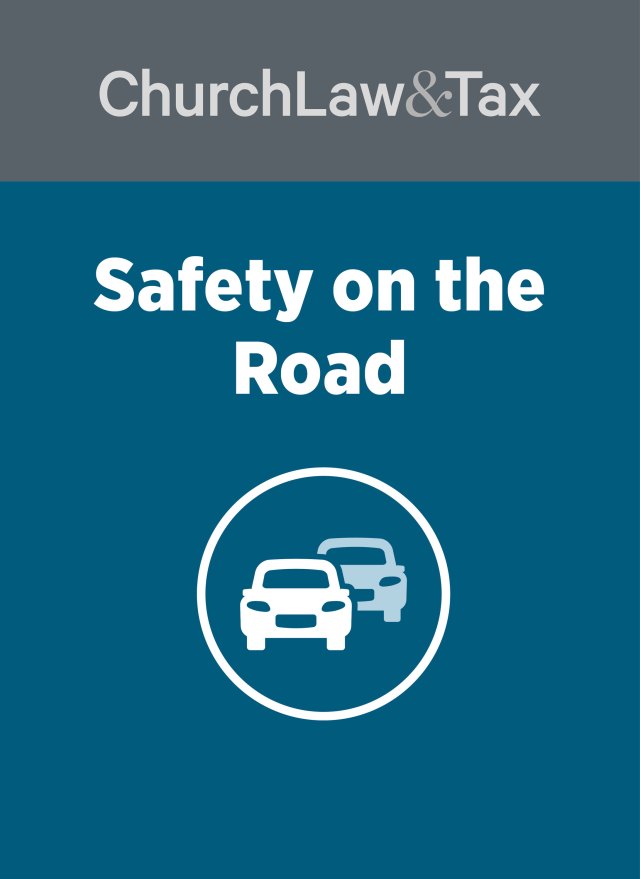Church property
• Key point. A church may be liable on the basis of “spoliation of evidence” if it intentionally or negligently destroys a vehicle or other property that may be relevant in pending or future litigation.
A California court ruled that a church could be sued for “spoliation of evidence” because it destroyed a vehicle that had been involved in an accident. A woman passenger in a church van was injured when the van rolled over. She sued the church. The church claimed that the accident was due to a tire blowout rather than any negligence on the part of the church or its driver. Further, the church argued that the passenger had not been wearing her seatbelt and this was the primary cause of her injuries. About six months after the accident the church destroyed the van. A few years later the passenger sued the church in a second lawsuit. This time she alleged that the church was liable for negligently and intentionally “spoiling” or destroying evidence. She asserted that the church knew that she was investigating her legal claims arising from the accident, and that the van “represented valuable and irreplaceable physical evidence in the investigation and litigation concerning the accident and to refute [the church’s] assertion that she did not have her seatbelt on at the time of the accident.” She insisted that the church had a duty to maintain and preserve the van until the litigation was resolved. A state court agreed that the church could be sued for “spoliation of evidence.” It defined “spoliation of evidence” as “the destruction or significant alteration of evidence, or the failure to preserve property for another’s use as evidence, in pending or future litigation.” The court acknowledged that “liability for spoliation of evidence is a developing body of law,” but it referred to several other cases in which California courts have recognized this basis of liability for both intentional and negligent acts. However, the court concluded that the church could not be liable because the passenger filed her lawsuit after the statute of limitations had expired. This result in no way minimizes the court’s recognition of “spoliation of evidence” as a basis of liability.
Application. This case should be carefully considered by all church leaders. It is common for churches to be sued as result of accidents involving church vehicles. If the damage to the church vehicle is severe, church leaders often make provision for the destruction of the vehicle. Such a decision may lead to unexpected liability, as this case reveals. The same may be true if the church repairs or sells such a vehicle. Also note that this kind of liability may not be covered under the church’s general liability insurance policy. The lesson is clear-church leaders should not sell, destroy, repair, or otherwise alter or dispose of a vehicle that was involved in an accident without first seeking the advice of an attorney. The same recommendation applies to any other church—owned property that may be relevant in the pending or future litigation. Fuller v. Bethany Apostolic Church, 71 Cal. Rptr. 915 (Cal. App. 1998).
© Copyright 1998 by Church Law & Tax Report. All rights reserved. This publication is designed to provide accurate and authoritative information in regard to the subject matter covered. It is provided with the understanding that the publisher is not engaged in rendering legal, accounting, or other professional service. If legal advice or other expert assistance is required, the services of a competent professional person should be sought. Church Law & Tax Report, PO Box 1098, Matthews, NC 28106. Reference Code: m86 m90 m58, m45 c0498
